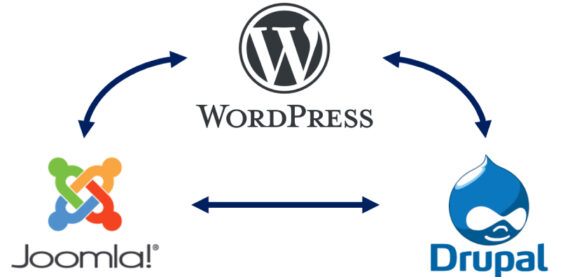In the predominant age of digitatization, a well-designed and impactful website is crucial for the success of any business. It serves as the online storefront, representing your brand and engaging with customers. Let us will explore effective tips to make your business website more impactful and ensure it leaves a lasting impression on visitors.
Define Your Website’s Purpose:
Before diving into the design and content, clarify the purpose of your website. Is it to generate sales, provide information, or capture leads? Understanding your goals will help you structure the website accordingly and create a clear and concise user journey. Define key actions you want visitors to take and ensure they are prominently displayed and easily accessible.
Keep the Design Clean and Professional:
A cluttered and confusing website can deter visitors. Opt for a clean and professional design that aligns with your brand identity. Use a visually appealing color palette, choose easy-to-read fonts, and ensure a consistent layout throughout the website. Incorporate ample white space to enhance readability and highlight key elements. Remember, simplicity and elegance can go a long way in creating a positive user experience.
Ensure Mobile Responsiveness:
With the increasing use of smartphones and tablets, it is crucial to have a mobile-responsive website. Your site should adapt seamlessly to different screen sizes and resolutions. Test your website on various devices to ensure it is user-friendly and visually appealing on mobile platforms. A mobile-responsive website not only enhances the user experience but also improves your search engine rankings.
Optimize Page Load Speed:
In today’s fast-paced digital world, visitors have little patience for slow-loading websites. Optimize your website’s performance by minimizing image sizes, leveraging browser caching, and using a reliable hosting service. Compress files and eliminate unnecessary scripts or plugins that may slow down the website. A fast-loading website ensures a smooth user experience, reduces bounce rates, and improves search engine visibility.
Focus on Compelling Content:
Content is a powerful tool to engage visitors and convey your brand’s message effectively. Craft compelling and concise headlines, taglines, and descriptions that resonate with your target audience. Use high-quality images, videos, and infographics to enhance the visual appeal and storytelling. Incorporate clear and persuasive calls-to-action (CTAs) to guide visitors towards desired actions.
Implement SEO Strategies:
Search Engine Optimization (SEO) plays a vital role in driving organic traffic to your website. Conduct keyword research relevant to your industry and integrate them naturally into your website’s content. Optimize meta tags, titles, and headings to improve search engine visibility. Create relevant and shareable content that encourages backlinks and social media engagement. Regularly update and add fresh content to your website to boost its search engine ranking.
Incorporate User-Friendly Navigation:
Intuitive navigation is essential to ensure visitors can easily find the information they are seeking. Use clear and concise menus, organize content into logical sections, and include a search bar for quick access to specific content. Implement breadcrumb navigation to provide users with a clear understanding of their location within the website. Streamlining navigation enhances user experience, reduces bounce rates, and increases conversions.
Include Testimonials and Social Proof:
Building trust is crucial for the success of your business website. Incorporate testimonials, reviews, and case studies from satisfied customers to establish credibility. Display social media icons and integrate social sharing buttons to encourage visitors to engage with your brand on various platforms. Highlight any awards, certifications, or partnerships to further enhance your reputation and build trust with potential customers.
Final Thoughts:
Creating an impactful business website requires careful planning, attention to detail, and a focus on user experience. By defining your website’s purpose, keeping the design clean and professional, optimizing for mobile responsiveness and page load speed, focusing on compelling









































